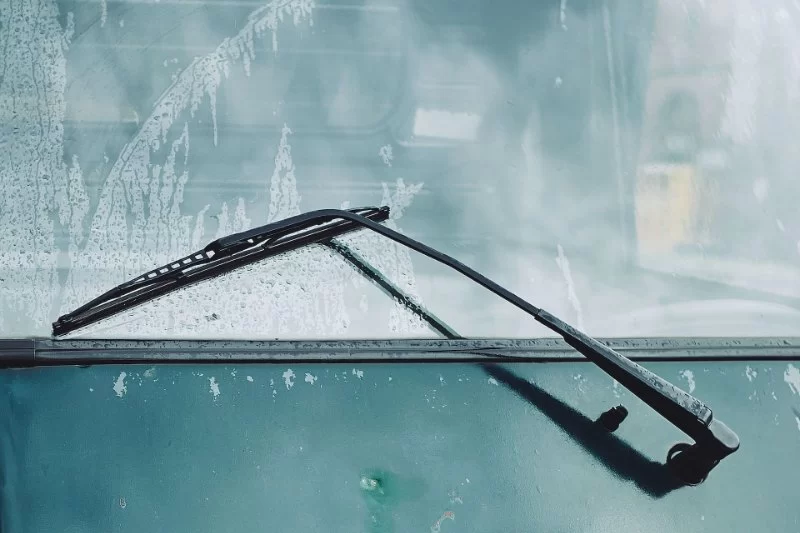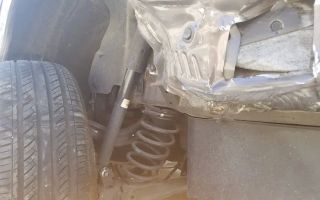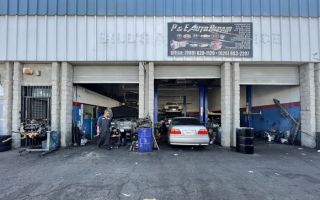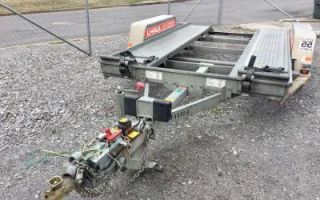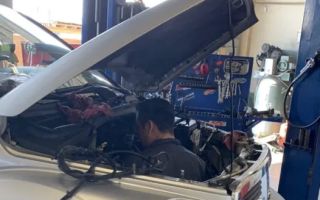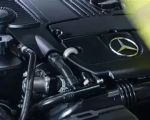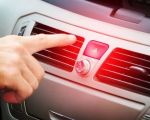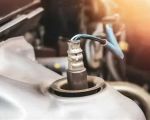- understanding-the-problem
- common-causes-of-rear-wiper-noise
- how-to-diagnose-the-issue
- real-driver-stories-and-experiences
- temporary-fixes-and-solutions
- when-to-replace-the-wiper-motor
- preventive-care-and-maintenance-tips
- trusted-help-with-rescue-and-towing
1. Understanding the Problem
What to Do If Your Car's Rear Wiper Motor is Making Noise often comes down to recognizing that the sound is an early warning. Noisy motors can be harmless at first, but if left unchecked, they may fail entirely during heavy rain or snow—exactly when you rely on them most.

Pick Your Part - Help Yourself
1232 Blinn Ave, Wilmington, CA 90744, USA
2. Common Causes of Rear Wiper Noise
2.1 Worn Bearings or Bushings
Over time, the internal parts of the wiper motor wear down, producing grinding or squealing noises. This is especially common in older vehicles exposed to harsh weather.

Pick Your Part - Greer
13054 E Wade Hampton Blvd, Greer, SC 29651, USA
2.2 Debris or Rust Buildup
Road salt, dirt, and moisture can creep into the motor assembly, causing friction and rattling sounds. Regular cleaning can help but may not reverse long-term damage.
2.3 Electrical Strain
Sometimes the issue isn’t mechanical at all—weak wiring or a failing relay can make the motor struggle, producing buzzing or humming noises.
3. How to Diagnose the Issue
Drivers can start by listening closely to the sound: is it a high-pitched squeal, a low grinding, or an irregular clicking? Each sound points to a different cause. Checking the wiper arm for smooth movement and inspecting the motor housing for rust or water intrusion can also reveal hidden issues.
4. Real Driver Stories and Experiences
A driver in Michigan shared online how his rear wiper made a loud grinding noise just before a snowstorm. After ignoring it for weeks, the motor gave out entirely, leaving him with poor visibility in icy conditions. In contrast, another driver in Texas caught the noise early, applied lubrication, and extended the motor’s life by several months—buying time before replacement.
5. Temporary Fixes and Solutions
Light lubrication of the wiper arm pivot can sometimes reduce noise temporarily. Tightening loose bolts may also quiet vibrations. However, these fixes are short-term; a failing motor usually continues to worsen over time.
6. When to Replace the Wiper Motor
If noises persist after basic maintenance, replacement is the most reliable solution. Waiting too long can lead to motor burnout or even damage to the wiper linkage system, which can be more expensive to repair.
7. Preventive Care and Maintenance Tips
7.1 Seasonal Inspections
Checking the rear wiper system at the start of winter and summer can prevent issues. Look for cracked rubber blades, loose arms, or corrosion on the motor housing.
7.2 Cleanliness Counts
Keeping the rear window and wiper mechanism free of debris reduces strain on the motor, extending its lifespan.
8. Trusted Help with Rescue & Towing
What to Do If Your Car's Rear Wiper Motor is Making Noise depends on early action and reliable guidance. For professional support, repairs, or emergency roadside help, Rescue & Towing offers trusted services and recommendations to keep your vehicle safe and functional when you need it most.

